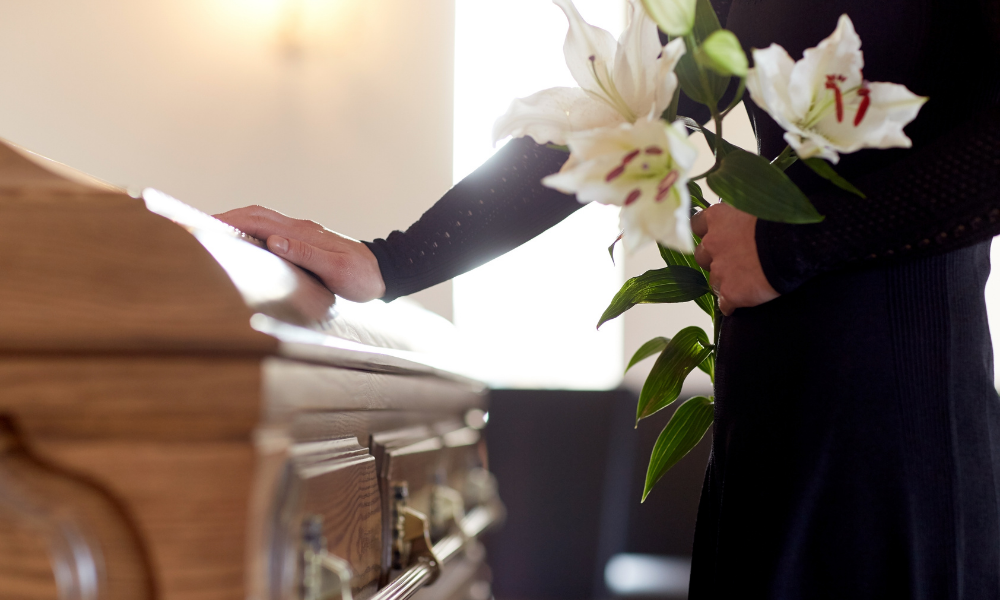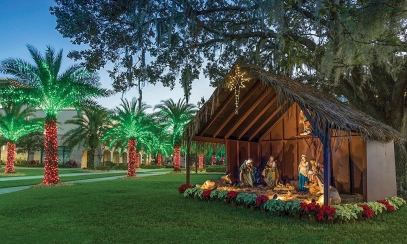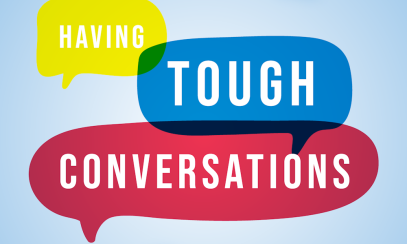
Should I Go to This Funeral?
Funerals are so uncomfortable. I never know when it’s appropriate to go or what to say. Are there some guiding principles to follow?
Funerals are so uncomfortable. I never know when it’s appropriate to go or what to say. Are there some guiding principles to follow?
Should I go?
As an adolescent, I remember being upset by the lively conversation at my grandfather’s wake. My mother explained that funerals provide a place for people to reconnect and share stories. Funerals are essentially for the living. She said that regardless of how those present knew my grandfather – directly or vicariously – his life affected them in some way and they felt it was important to honor him. Simply put, whether we know the deceased or an extension of them, our participation at his or her funeral supports the survivors and validates the existence of both the living and the deceased – it is about love, collective presence and prayerful support. If we knew or were close to the deceased, this time also affords us a chance to begin dosing ourselves in the reality of their earthly absence and to say our goodbye.
I never know what to say …
There are no magic words that can make this difficult situation any easier. What we might be tempted to say – it was their time, God needed another angel, they lived a long life, at least you had them for x amount of time, etc. – does little to bring comfort when someone’s heart is torn apart by death. “I am so sorry for your loss/pain/heartache,” or just a hug, is enough. Our discomfort compels us to fill the silence when the real importance lies in supporting the bereaved. It is about embracing the corporal work of mercy to bury the dead, a work motivated by Christian love, and one that is essential to living the life of holiness and goodness as exemplified by Jesus. The simple gift of your presence does more than any words ever could.
Rose Robertson is a freelance writer for FAITH Catholic.



